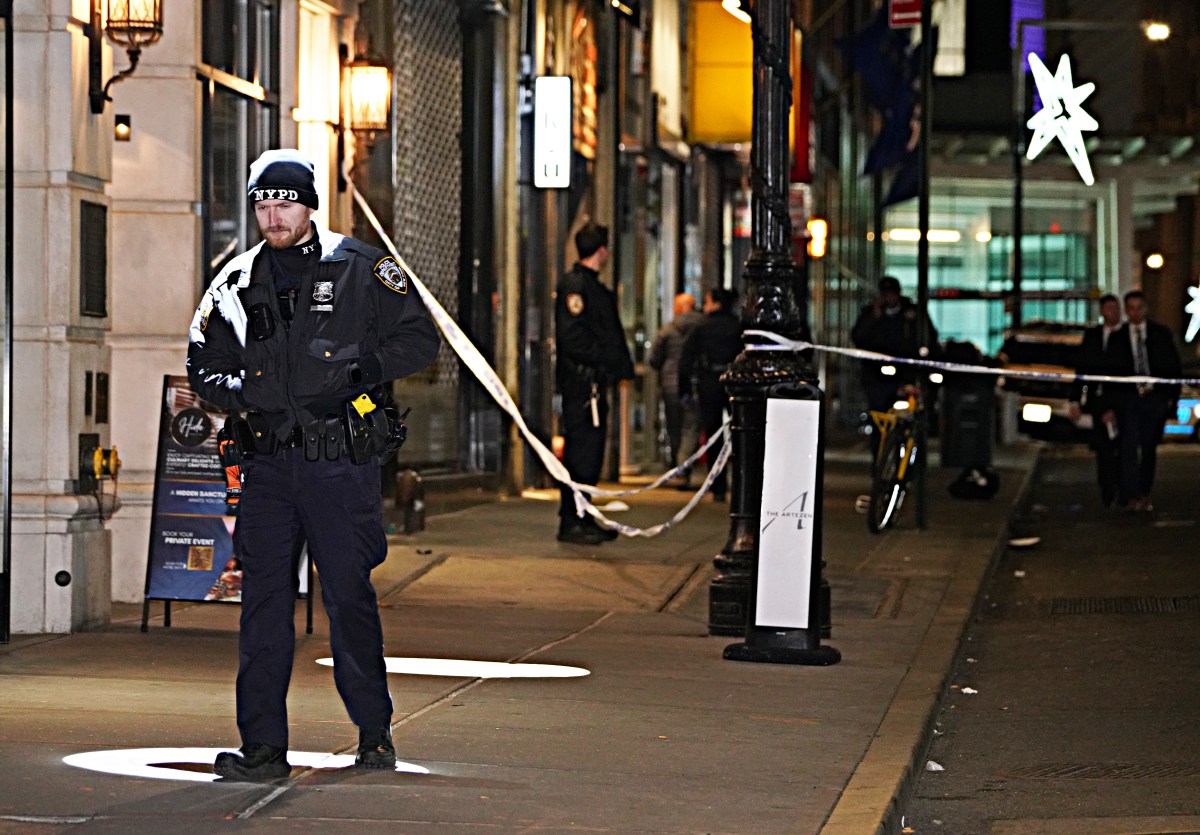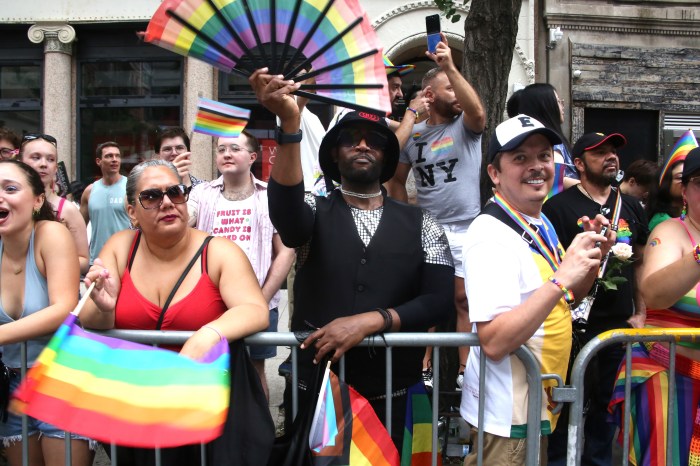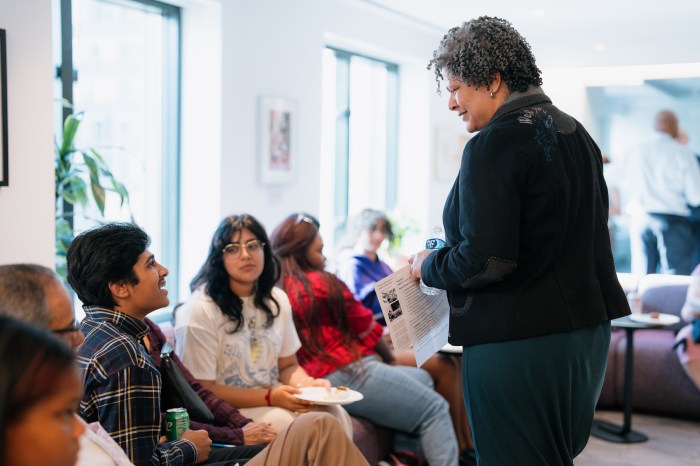WASHINGTON – Canada asked the United States not to send Omar Khadr to Guantanamo Bay in 2002 because he was only 15 years old and requested discussions with the Americans before they made any decisions.
In a diplomatic letter released Thursday, Canadian officials said there was “some ambiguity” about Khadr’s role in a firefight that July, adding it would be “inappropriate” to transfer him from U.S. custody in Afghanistan to the prison camp in Cuba.
“Under various laws of Canada and the United States, such an age provides for special treatment of such persons with respect to legal or judicial processes,” reads the letter from the Canadian Embassy in Washington, dated Sept. 13, 2002.
“As such, the government of Canada believes that it would be inappropriate for Mr. Omar Khadr to be transferred to the detention facilities at the American naval base at Guantanamo Bay.”
The letter also expressed concerm the State Department wasn’t officially confirming information about Khadr, said details were ambiguous and requested discussions “prior to any decisions being taken with respect to his future status and detention.”
The letter was part of submission from Khadr’s defence lawyers, who are asking for the public release of early communications with the Canadian governement, saying they could help prove his innocence.
The Foreign Affairs Department in Ottawa had no immediate comment late Thursday.
Dennis Edney, one of Khadr’s Canadian lawyers, said it looks like the government “is prepared to sacrifice a young Canadian at the expense of good relations with America.”
“The Canadian government has persisted in not only remaining silent but saying they’ve been assured by the Americans that he has been treated well,” Edney said in Edmonton.
“How can that be when they themselves said as far back as 2002 that this was not a place for a young Canadian?”
Khadr’s lawyers, international human rights groups and Canadian opposition parties have pressured Canada to intervene to bring him home.
But Canadian officials, after an initial few months of concern centring on Khadr’s age, have totally backed off on his case.
They say he’s facing serious charges and it would be “premature” to interfere until the military legal process is exhausted, despite the fact that he’s the only western detainee left in the camp.
Khadr was transferred to Guantanamo in October 2002 just after he turned 16. He’s facing life in prison for allegedly throwing the grenade that killed Sgt. 1st Class Christopher Speer in a firefight that July 27.
But the defence says witness accounts challenge the military’s contention that Khadr is the only one who could have done it.
His lawyers are seeking access to dozens of witnesses as well as everyone who has interrogated Khadr.
Amnesty International urged the Canadian government this week to immediately reconsider its position on Khadr.
“His rights have been systematically violated and U.S. assurances about its commitment to the rule of law have rung increasingly hollow,” said the group.
“Far from being premature, vigorous action by Canada is long overdue,” it said.
“Every step of the way, the United States’ treatment of Omar Khadr has failed to comply with international law, including the special protections owed to children taken into custody.”
The group noted that five months after it tool Khadr into custody, the U.S. government ratified the Optional Protocol to the Convention on the Rights of the Child on the involvement of children in armed conflict.
The protocol prohibits the recruitment by non-state armed groups of children under age 18 and requires states to provide such children with “all appropriate assistance for their physical and psychological recovery and their social reintegration.”
Khadr’s next pre-trial hearing is scheduled for May 8.
The U.S. military says it plans to charge about 80 of the roughly 275 detainees at Guantanamo, but so far no case has gone to trial.






















